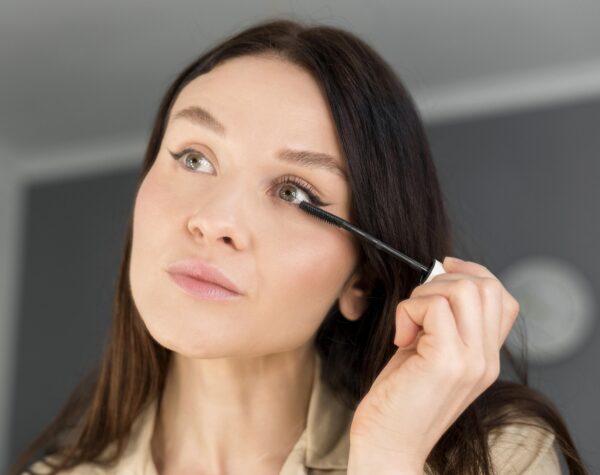Contact lens irritation is a common problem for people who frequently wear contacts. The irritation may be caused by a variety of factors, including allergies and even the antihistamines you take to reduce allergic reactions.
Fortunately, a variety of solutions is available to you as you work to resolve your irritation and continue wearing contact lenses as you have in the past. Here are a few solutions to consider.
Five contact lens irritation solutions
These solutions are ordered generally from least to most drastic.
1. Remove, Rinse, Rest
Your first option for reducing contact lens irritation is simply to remove the lens, rinse it off, and let it rest in its case overnight. This re-wets the lens and flushes away any foreign particles that may be causing irritation.
2. Decrease Lens Wearing Time
If your irritation persists, reduce contact lens irritation by reducing contact lens use. If you wear your contacts from sun-up to bedtime, try wearing them only during work hours. Try wearing your glasses one to two days per week to reduce wearing time. Additionally, if you wear monthly replacement lenses, you can shorten the lens life to three weeks.
3. Cold Compress
It sounds too simple to be true. However, a cold compress can subdue and suppress irritation from an allergic response. If allergies are causing your contact lens irritation, a cold compress may relieve your symptoms. Do your contacts feel most irritated after you’ve been outside? Some people who walk to work, or spend part of their work day outdoors find a correlation between their contact lens irritation and their time outdoors. For these people, a cold compress might do the trick.
4. Eye Drops
There are two types of eye drops: those that re-wet the eye and those that lubricate the eye. Re-wetting eye drops temporarily flush the eye with liquid. This can provide instant, temporary, relief to people whose eyes are feeling dry and who need a bit of extra moisture.
Lubricating eye drops are FDA-regulated and must include an oily or viscous base. The word “lubricating” on a package means these eye drops are manufactured to provide longer-term lubrication to your eyes. These can be a bigger relief to people who have chronic dry eye. A lubricating drop helps treat the condition of the dry eye. It’s important to note some people are sensitive to preservatives used in eye drops, so if you find your contact lens irritation increases with use, discontinue application of your eye drops.
5. Consider Switching to Daily Disposables
The most common contact lens is a monthly lens replaced about every four weeks. These contacts can be less expensive than daily disposables, but some eye doctors find their patients stretch the amount of time between changing lenses. This can increase risk of infection and cause dry eye or contact lens irritation. If your contacts are irritating you, you might do better with a daily disposable lens that can be replaced every morning.
LASIK for contact lens irritation
If your contacts still cause irritation, you might consider LASIK.
LASIK is the natural progression after daily disposables. By having LASIK eye surgery, you can reduce or eliminate your need for contact lenses and better avoid irritation keeping you from enjoying clearer vision today.
Categories:


